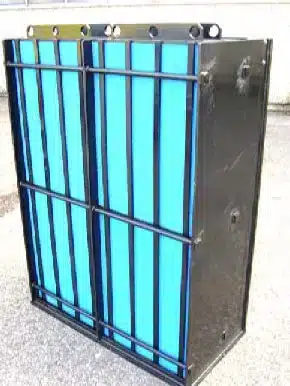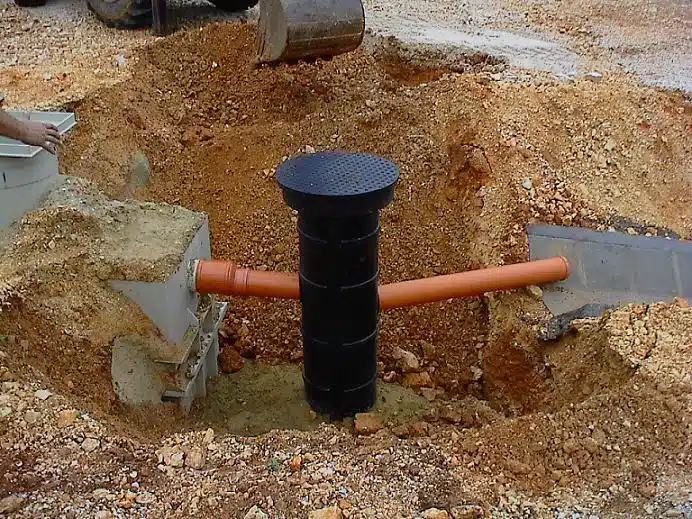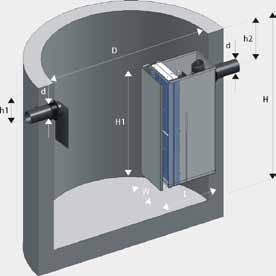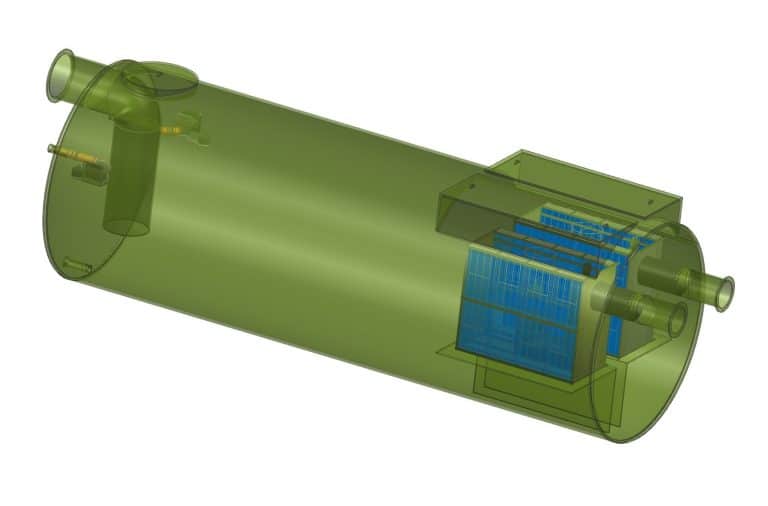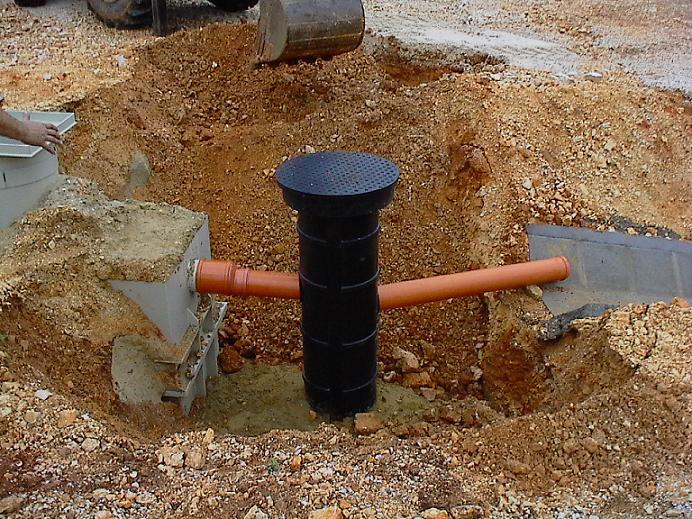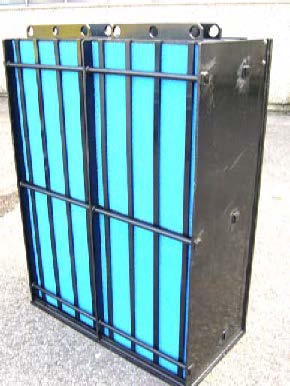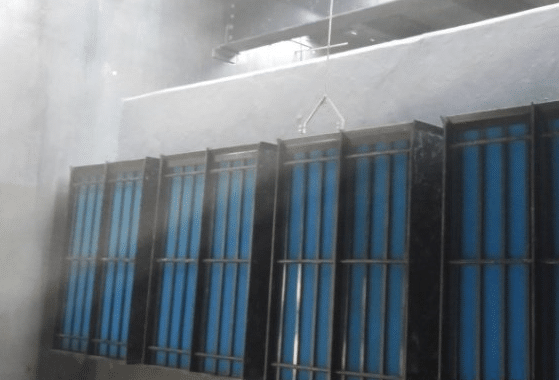Are British Columbia Below Ground Oil Water Separators the unsung heroes of environmental protection in British Columbia? These hidden champions play a key role in keeping our ecosystems safe from harmful pollutants. They are crucial for meeting environmental standards across various industries in British Columbia.
These systems are great at separating hydrocarbons from water. This means they keep our water clean and safe. They can handle hydrocarbons with specific gravities between 0.82 and 0.88. This makes them essential for monitoring underground storage tanks and preventing spills.
The CAN/ULC-S656 standard sets a limit of 15PPM at the exit. But, advanced separators like those from Freytech Inc. go even further. They can separate to levels below 5PPM from a 2000PPM influent. This sets new standards in protecting our environment.
Key Takeaways
- Below ground oil water separators are critical for environmental compliance in BC
- These systems separate hydrocarbons with specific gravities of 0.82-0.88 from water
- CAN/ULC-S656 standard requires performance below 15PPM at the exit
- Advanced separators can achieve below 5PPM separation efficiency
- Freytech Inc. offers high-performance separators with enhanced coalescing technology
Understanding Below Ground Oil Water Separators in British Columbia
Below ground oil water separators are key in British Columbia’s stormwater and wastewater systems. They separate oil from water, protecting the environment and following the law.
Definition and Purpose
Oil water separators remove oil and other hydrocarbons from water. In British Columbia, these underground units are chosen for their hidden setup and high water treatment capacity, up to 1000 Imperial gallons per minute.
Regulatory Requirements in BC
British Columbia has strict rules for oil-water separation technology. The CAN/ULC-S656 standard is the only accepted certification in Canada. It ensures separators work well and safely. Companies must follow these standards to be legal and responsible.
Environmental Benefits
Using below ground oil water separators has big environmental benefits. They take out hydrocarbons from water, stopping pollution of waterways and ecosystems. This tech helps industries follow tough environmental laws and makes water cleaner in British Columbia.
Key Features of Freytech Inc.’s Below Ground Oil Water Separators
Freytech Inc. offers top-notch below ground oil water separators. They meet strict rules for BC. These systems make sure industries get rid of waste the right way, following environmental laws.
Enhanced Coalescing Technology
The separators use advanced coalescing tech to take oil out of water well. This makes industries handle their waste better. It cuts down on costs and helps the environment.
Separation Efficiency: Achieving 5 PPM and Beyond
Freytech’s separators work really well, making sure water has only 5 PPM oil. Sometimes, they even get down to 0.1 PPM for super tiny oil bits. This is way above what many industries need.
Versatility in Hydrocarbon Separation
These systems are great at separating different hydrocarbons like motor oil, diesel, gasoline, and jet fuel. They’re perfect for many uses across various sectors. They have removable, cleanable filters and a solids collection chamber. This makes them very effective in managing waste.
British Columbia Below Ground Oil Water Separators: Installation and Maintenance
Installing below ground oil water separators in British Columbia requires careful planning. These systems come in single or double wall designs. They fit various site needs. Proper setup ensures long-term efficiency and meets local regulations.
Environmental compliance is crucial when setting up these separators. Contractors must follow strict guidelines to protect groundwater and soil. This includes using spill prevention equipment during installation to avoid contamination.
Maintenance is key for optimal performance. Regular cleaning of filter media keeps the system running smoothly. Inspecting the solids collection chamber prevents buildup that could harm efficiency. These steps help maintain separation quality and extend equipment life.
Underground storage tank monitoring is vital for early leak detection. This practice safeguards against environmental hazards and costly cleanups. Routine checks ensure the separator continues to meet or exceed the required 5 PPM oil removal standard.
By prioritizing proper installation and consistent maintenance, businesses in British Columbia can ensure their oil water separators remain effective and compliant with environmental standards for years to come.
Applications and Industries Served by Underground Oil Water Separators
Underground oil water separators are key in many industries across British Columbia. They are crucial for handling contaminated water and following BC’s rules. Let’s look at how oil-water separation technology is used in different sectors.
Stormwater Management
Stormwater management is vital in areas with lots of rain. Underground oil water separators take out pollutants from runoff. This keeps waterways clean for parking lots, highways, and cities.
Industrial Waste Handling
Manufacturing plants, mechanical workshops, and oil depots use oil-water separation technology. These systems clean wastewater by removing oil and grease. This helps companies meet environmental laws and lessen their impact on nature.
Wastewater Treatment Systems
Oil water separators are a key part of wastewater treatment. They remove oil and grease as a final step before water is released. This is important for keeping water clean and protecting nature.
From car washes to gas stations, underground oil water separators are vital. They help keep water clean and meet environmental rules. These systems are getting better, offering new solutions for industries in British Columbia.
Conclusion: The Future of Oil Water Separation in British Columbia
British Columbia is leading the way in protecting the environment with new oil water separation technology. As companies focus on being more sustainable, they need better separation solutions. These systems are key to keeping our water clean and protecting nature.
Freytech Inc. is at the forefront of improving separation efficiency. Their advanced below ground oil water separators set new standards for the environment. This is crucial for better stormwater management and wastewater treatment across different industries.
The future looks bright for oil water separation in British Columbia. With stricter rules and new technology, we’ll see even better and greener solutions. As companies change, we’ll see more use of top-notch separators. This will help make British Columbia cleaner and more sustainable for everyone.
These separators are crucial in storm water systems. They process runoff to meet the US EPA’s Clean Water Act standards. With effective oily water treatment, facilities protect the environment and dodge big fines.

